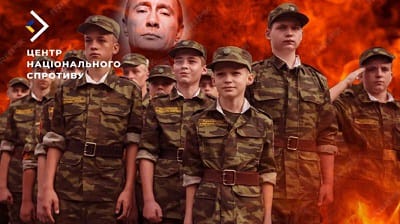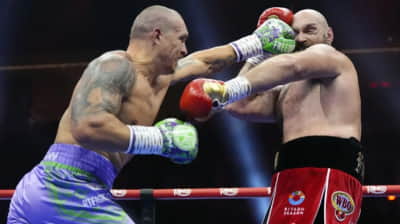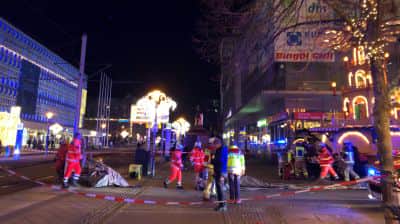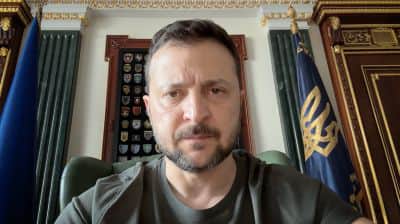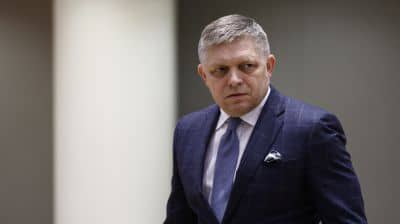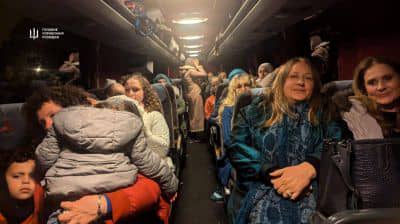Armed Forces are Ukraine's most trusted institution, while president comes 7th
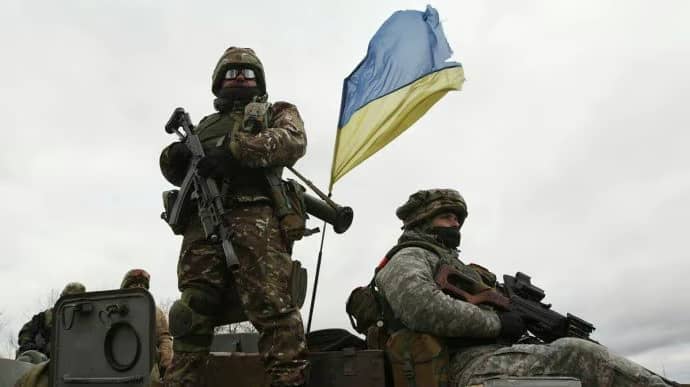
The Armed Forces of Ukraine have topped the rankings as the institution most trusted by the population, while President Volodymyr Zelenskyy was placed seventh - although he leads the ratings for politicians and public figures.
Source: the results of a survey conducted from 21 to 27 September by the Razumkov Centre's sociological service
Details: The most trusted state and public institutions are the Armed Forces (93% of respondents trust them); volunteer military units (85%); volunteer organisations (84%); the State Emergency Service (83%); the National Guard (81%); the State Border Guard Service (76.5%); the President (72%); the Ministry of Defence (71%); the Security Service of Ukraine (66%); public organisations (60.5%); the Church (59%); the National Police of Ukraine (57%); and the head of the city (town, village) in which the respondent lives (54%).
Respondents expressed trust more often than distrust in the city (town, village) council where they live (49% and 41% respectively); the Ukrainian media (47% and 43% respectively); the National Bank (46% and 42% respectively); and the Parliamentary Commissioner for Human Rights (44% and 31% respectively).
The majority of respondents said they distrust political parties (74% do not trust them), officials (72%), the judiciary (70%), the Verkhovna Rada (Parliament) of Ukraine (64%), the prosecutor's office (61%), the government of Ukraine (60%), commercial banks (59%), the National Anti-Corruption Bureau (53%), the Specialised Anti-Corruption Prosecutor's Office (52%), and the National Agency for the Prevention of Corruption (52%).
Additionally, distrust of trade unions is expressed more often than trust (46% do not trust them, while 25% do).
Despite the fact that only 14% of the respondents trust political parties, when asked whether they could see any political forces among those that currently exist who could be entrusted with power in the post-war period, a slightly larger number of respondents (27%) answered in the affirmative. However, this is significantly fewer than in July this year (38.5%). A negative answer was given by 49% and 41% of respondents respectively.
When asked where a political force that could be trusted with power in the post-war period would emerge from, respondents most often said the military (52% of respondents think this). 30% of respondents believe that it could emerge from the volunteer environment (5% more than in July 2023); 25% said the humanitarian or technical intelligentsia (7% more than in July 2023), 23% said existing political parties (3% less than in July), 19% civil society organisations, and 8% the business world.
Of those who said they can see political forces among those that currently exist that could be entrusted with power in the post-war period, 62% said that such a political force could emerge from existing political parties, although 50% of them also believe that such a political force could emerge from the military.
Of those who believe that such a political force could emerge from the military, 53% live in western Ukraine, 57.5% in central oblasts, 61% in the south and 31% in eastern regions.
When asked about politicians, officials, public figures and journalists they trusted, respondents most often said they trusted Volodymyr Zelenskyy (75%), Vitalii Kim (64%) and Serhii Prytula (51%).
Respondents expressed trust more often than distrust in Mykhailo Podoliak (45% and 30% respectively), Vitali Klitschko (44% and 39.5%), Oleksii Danilov (42% and 35.5%), Vasyl Maliuk (34% and 21%), Yurii Butusov (31% and 25%), Serhii Sternenko (28.5% and 26%), Ihor Klymenko (26% and 22%) and Rustem Umierov (25% and 21%).
The majority of respondents do not trust Yurii Boiko (82%), Yuliia Tymoshenko (82%), Petro Poroshenko (73%), Oleksii Arestovych (71%), Dmytro Hordon (58%), Davyd Arakhamiia (54%) and Andrii Yermak (53%).
They expressed distrust rather than trust in Ruslan Stefanchuk (46% do not trust him, while 25% do), Denys Shmyhal (44% and 36%, respectively) and Danylo Hetmantsev (29% and 18%).
The face-to-face survey was conducted in all regions except Donetsk and Luhansk oblasts and Crimea. In Zaporizhzhia, Mykolaiv, Kharkiv and Kherson oblasts, it was carried out only in Ukrainian-controlled territories where no hostilities are being conducted.
The survey was conducted with stratified multistage sampling, using random selection at the initial stages of sample formation and a quota method for selecting respondents at the final stage.
2,016 respondents aged 18 and over were interviewed. The theoretical margin of error does not exceed 2.3%. However, additional systematic sample deviations may be caused by the consequences of Russian aggression, particularly the forced evacuation of millions of citizens.
Ukrainska Pravda is the place where you will find the most up-to-date information about everything related to the war in Ukraine. Follow us on Twitter, support us, or become our patron!
